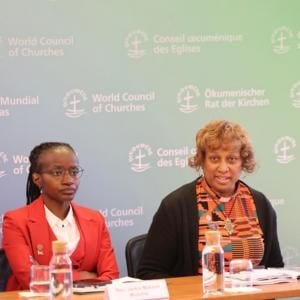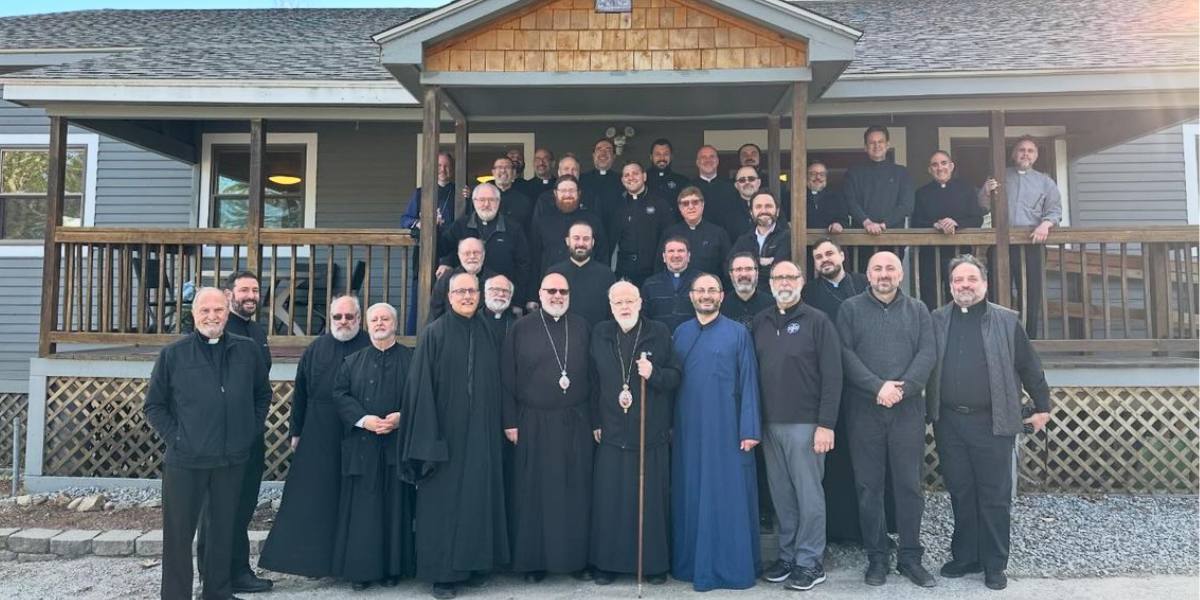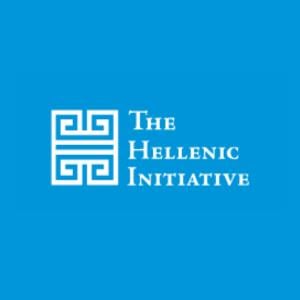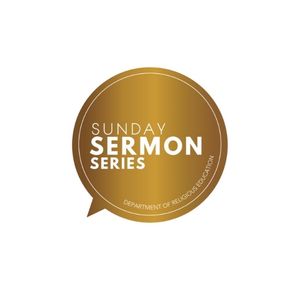Stewardship & Outreach: 10 Steps to Parish Health in the Pandemic
As we serve our parishes within evolving pandemic guidelines, it is important to keep our focus on ministry, community, and finances. This forces us to think outside the box, engaging and educating our faithful and inquirers in ways we may have never considered. These new and creative approaches could serve our parishes well after the current crisis is behind us.
The steps listed here may be reminders to some and new information to others. In leading through this crisis and the changes it imposes on our ministry, it is important at every opportunity to communicate our vision for the future of our parish.
- Positive and Grateful Communication
Keep parishioners up-to-date. Communication needs to be positive and full of gratitude. Avoid fear and scarcity as fundraising methods. Brief testimonials from members are helpful. Use all electronic means available. Include photos and videos. Mail hard copy to those that do not have internet access. Check in with vulnerable members and see how they are doing. Ask regular parishioners to keep you informed of others in need.
- Welcoming and Inclusive
Welcome ministry has never been more important. As the pandemic winds down, it is important to encourage people to return to in-person worship. Appoint and train a welcome team. If possible, greet people even before they enter the church. Collect visitor information in a book or with a visitor card. Offer visitors a Worshiper’s Guide to the Divine Liturgy booklet or a copy of the House of God tri-fold, both of which explain aspects of our worship. Encourage members to be inclusive. When permitted, reinstate fellowship hour – outdoors or indoors – to allow people to re-connect. People don’t want a friendly church; they want friends at church.
- Collaborate with Local Businesses and Charitable Organizations
Support local organizations whose work is in line with the vision and ministry of your parish. Collect clothing, coats, food and more to support the local pantry or shelter. Develop mutually beneficial relationships with local businesses to co-sponsor an event or sale. A spring plant sale in the church parking lot coordinated with the local nursery could share proceeds with the parish and provide an opportunity to welcome neighbors to the church. Local bakeries may coordinate on a bake sale. If restrictions require, the sale could be set up as a drive-thru. Cooperative efforts encourage interaction with our communities and open our doors to those that are seeking. Online ordering provides the parish with a list of emails for ongoing communication with our neighbors regarding events and a welcome to join us in worship.
- Virtual or Socially-Distanced Spring & Fall Events
Plan now for an outdoor Spring or Fall Event on the church property, or a virtual event if necessary. During lockdown, people have been cooking, baking and gardening more than ever. Invite a plant & garden expert from a local nursery, a chef from a nearby restaurant, and a baker from a local bakery to do a short demonstration or give a talk. Invite musicians, magicians and other entertainers to volunteer to perform. Seek donations of food & beverages to be sold. Some vendors may work on % of sales. Be flexible. Each church is in a specific ecosystem. Take a thorough assessment of nearby businesses and individuals that may contribute. Speak to community leaders to brainstorm on creative collaborations that could benefit your church and the community at large.
- Major Gifts
Ask donors to consider a major gift. Consider creating an endowment fund for the long-term financial viability of the parish. Incorporate Planned Giving materials into this effort. Remind all to remember the church in their will or estate planning. Ask those that are able to be founding members of the church foundation. Invite major donors to serve on the foundation board. Endowments help ensure the long-term financial viability of the parish.
- Personal thank you
Vital to donor retention is a personal thank you that lets them know how their gift will be used. Handwritten notes and personal emails are critical to this process and often lead to repeat giving. Every level of donor matters. Acknowledge gifts electronically when received and follow up with a written thank you. Thank you messages should go out before depositing the check. Remember the rule “Thank before you bank.” Provide your priest with personalized note cards, envelopes and stamps to make a weekly effort to thank people for their help and support.
- Assist, Support, Train and Thank Parish Leadership and Volunteers
Provide the necessary technical support for volunteers and parish council. In most parishes, our volunteers may be seen as unpaid staff (a Peter Drucker term), and need to be provided workspace and supplies to carry out their work/ministry. Reach out, thank and take care of church support staff and volunteers. Organize leadership, stewardship and tech seminars/webinars for parish council and ministry leaders. Contact the Department of Stewardship, Outreach & Evangelism (www.outreach.goarch.org) for resources and assistance.
- Celebrate milestones and anniversaries.
Honor members of the church for birthdays, accomplishments and other milestones. Acknowledge publicly those who give generously of time and treasure. Church milestones and anniversaries could be commemorated as a celebration of all who made them possible. Take every opportunity to express gratitude, lifting up examples for others to emulate.
- Encourage Youth and Young Professionals to Organize Events
Recruit youth leaders to organize a movie night or other event. A family-friendly film in the church parking lot, with a concession stand and a small raffle may be exactly what we need to lift our spirits. Use this event to collect food or clothing for the local pantry or shelter. Movie night can be a way of teaching our youth how to organize and contribute to parish ministries. Young professionals need to be empowered.
- Educational Events
In the words of Fr. Thomas Hopko, “An Orthodox Christian parish…is essentially a teaching and learning community for its believers.” Possibly our greatest mission in the 21st Century is to counteract misperceptions of the faith and to instruct our people in the basics of our faith. A major component of outreach is first reaching in and getting our parishioners to be informed and enthusiastic Orthodox Christians. Visiting speakers and virtual presentations in theology, parish ministry, Church music, missions, community service and more will help to uplift and inspire parish membership, further engaging them in the life of the church.
Vision, Passion & Inspiration
Each parish is located in a particular environment and made up of people with specific needs, skills, interests and education. Every parish will have a different vision for the ministry that lies before them. Clear vision brings passion. Parish leadership is encouraged to hammer out a vision for the future of their church. Vision causes people to imagine the future of their church and to develop concrete steps to realize that vision. If we are passionate about ministry, that passion will be contagious and our people will be inspired.
Fr Jim Kordaris ([email protected]) serves the Archdiocese as Director of Stewardship, Outreach & Evangelism and as pastor of Saint George Church in Kingston, New York.
Visit www.Stewardship.goarch.org and www.Outreach.goarch.org











